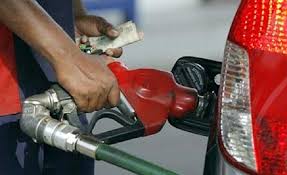BY KEMI JIMOH
THE recent removal of the fuel subsidy in Nigeria has led to a sharp and wild increase in the price of the product, sparking widespread concern among citizens.
In an interview with our correspondent, a resident of Asaba, Dr Felix Osisiakpo explained that the removal of the subsidy has caused significant hardship, not only for him but for Nigerians across the country.
In his words: “The cost of transportation has skyrocketed because of the subsidy removal. In my area, for instance, Rain Oil sells fuel for ₦850 per litre, and some stations are charging as much as ₦900. It’s quite alarming.”
Osisiakpo expressed his disappointment at the lack of impact the recent protests had on the situation. “The protests have not brought down the fuel prices; if anything, it seems to be going up.
He criticized the government’s approach to the subsidy removal, arguing that necessary measures should have been put in place before the announcement on May 29 2023.
According to him, “The decision to remove the subsidy should not have been made without ensuring that key facilities were operational. The price hike started immediately after the president’s announcement, without proper arrangements being made.
“The first step should have been to ensure that our refineries were working. Without functional refineries, we still have to process fuel abroad, which pushes the burden back onto the masses. This is what is fueling the unrest across the nation.”
He further urged the government to rethink its strategy. “The government should reconsider and focus on repairing the existing refineries and possibly building new ones so that fuel can be produced domestically,”


